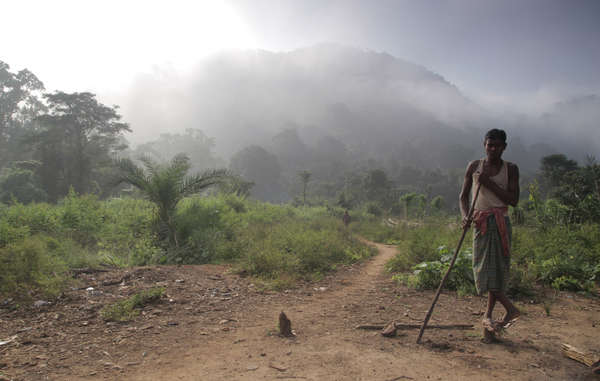The
Women's Centre for Change Penang (WCC) notes the recent decisions on
the imposition of bonds for good behaviour in two separate statutory
rape trials where the victims were about 13 years of age and the
offenders were 19 and 21 respectively at the time of the offence.
Both the victims were said to have consented to the act.
Statutory rape is when a man has sex with a girl below the age of 16 years with or without her consent.
The law is to protect young girls from being sexually exploited and is based on the assumption that young girls are unable to give informed consent.
The social reality today is that teenagers can be in sexual relationships where one or both are below the age of 16 years.
There is no minimum jail sentence for those convicted of statutory rape where consent is said to have been given unless the girl is below 12 years of age.
There are, however, adults or older teenagers who prey on naïve, vulnerable under aged girls and although the sex may be allegedly ‘consensual', the element of exploitation is very real.
While the courts may have had good reasons to make the judgments in both the cases, WCC is concerned that the impact of the sexual exploitation of the young victims may not have been acknowledged or taken into account during the sentencing.
That the act was ‘consensual' often merely points to the fact that no physical violence or coercion took place.
It is imperative that we ask ourselves whether a child aged 12 or 13 is able to effectively ‘consent' to a sexual relationship.
We also need to be aware of the consequences to a child's emotional and physical well being when she enters into a sexual relationship especially if she is a young adolescent.
Furthermore the manipulation and manner of exploitation of the young girl must also be considered.
It is important that the dispensation of justice in every case of statutory rape reflect various considerations including the impact on the victim.
WCC reiterates the call for reproductive health rights and awareness education for our youth.
It is urgently needed.
PREMA DEVARAJ is the program director for WCC, Penang.
Both the victims were said to have consented to the act.
Statutory rape is when a man has sex with a girl below the age of 16 years with or without her consent.
The law is to protect young girls from being sexually exploited and is based on the assumption that young girls are unable to give informed consent.
The social reality today is that teenagers can be in sexual relationships where one or both are below the age of 16 years.
There is no minimum jail sentence for those convicted of statutory rape where consent is said to have been given unless the girl is below 12 years of age.
There are, however, adults or older teenagers who prey on naïve, vulnerable under aged girls and although the sex may be allegedly ‘consensual', the element of exploitation is very real.
While the courts may have had good reasons to make the judgments in both the cases, WCC is concerned that the impact of the sexual exploitation of the young victims may not have been acknowledged or taken into account during the sentencing.
That the act was ‘consensual' often merely points to the fact that no physical violence or coercion took place.
It is imperative that we ask ourselves whether a child aged 12 or 13 is able to effectively ‘consent' to a sexual relationship.
We also need to be aware of the consequences to a child's emotional and physical well being when she enters into a sexual relationship especially if she is a young adolescent.
Furthermore the manipulation and manner of exploitation of the young girl must also be considered.
It is important that the dispensation of justice in every case of statutory rape reflect various considerations including the impact on the victim.
WCC reiterates the call for reproductive health rights and awareness education for our youth.
It is urgently needed.
PREMA DEVARAJ is the program director for WCC, Penang.






 In
a statement issued today, he said, “Hindraf believes all past and
current approaches fall way below the power curve needed to resolve the
problem permanently.
In
a statement issued today, he said, “Hindraf believes all past and
current approaches fall way below the power curve needed to resolve the
problem permanently. “We
have requested that both the leaders respond back within two weeks or
by Sept 11 to our request for this meeting. It is also our intention to
get the meetings going before the end of September 2012. We look forward
to having these meetings.
“We
have requested that both the leaders respond back within two weeks or
by Sept 11 to our request for this meeting. It is also our intention to
get the meetings going before the end of September 2012. We look forward
to having these meetings.